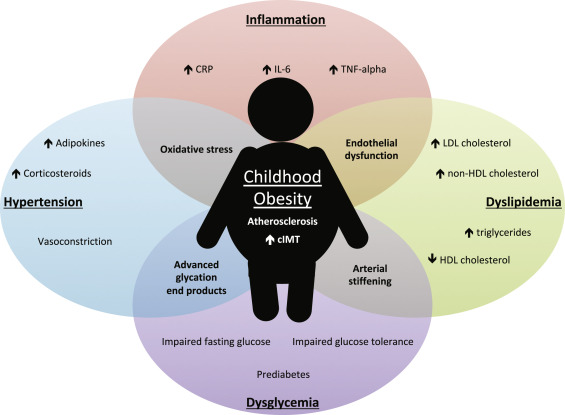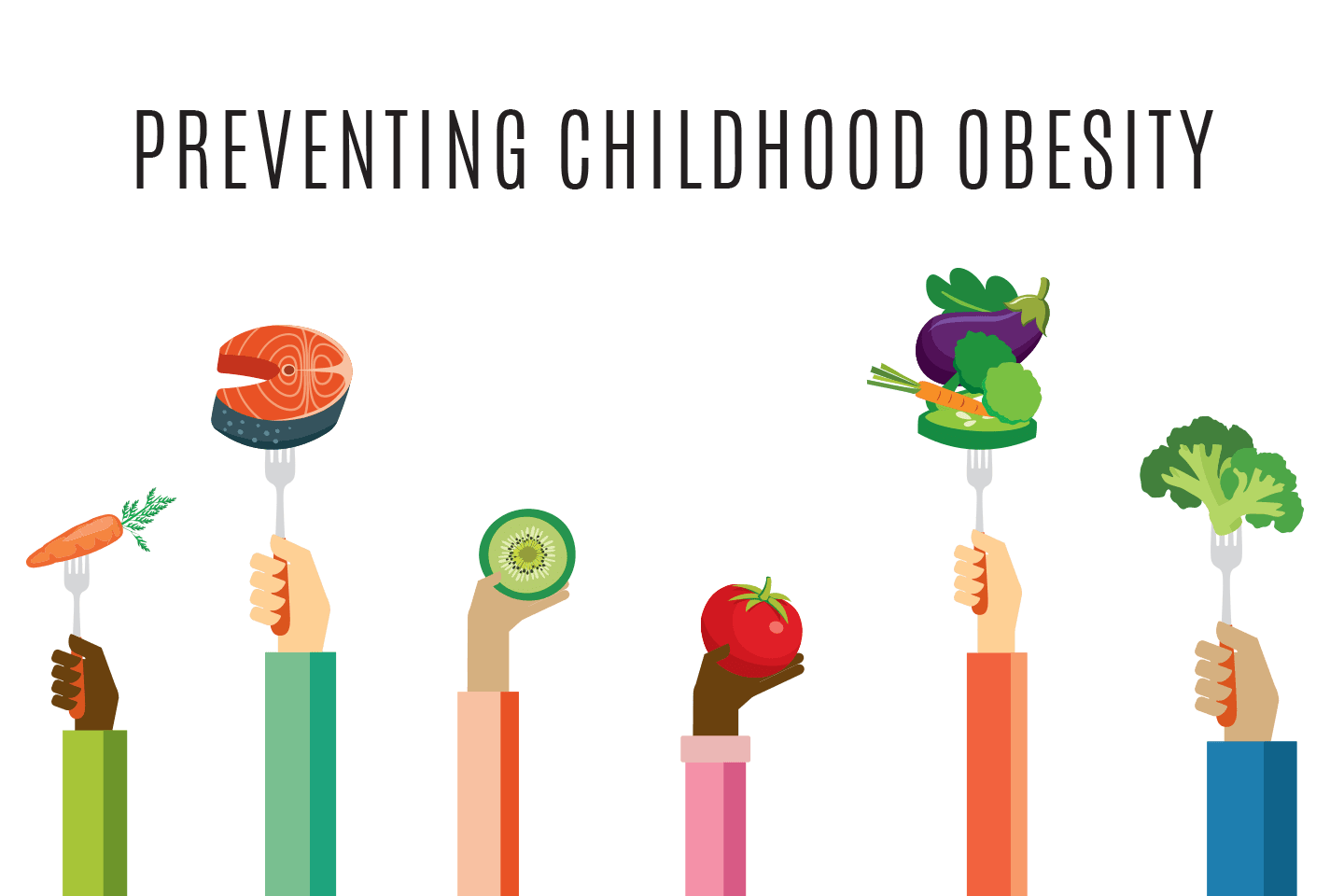
According to the Global Nutrition Report of 2021, Globally, we are off course to meet five out of six global maternal, infant and young children nutrition (MIYCN) targets, on stunting, wasting, low birth weight, anemia and childhood overweight. We are also off course for meeting all diet-related non-communicable disease (NCD) targets, on salt intake, raised blood pressure, adult obesity and diabetes.
Worldwide 38.9 million (5.7%) children are overweight. Child overweight is on the rise, as is the prevalence of adult obesity (12.3% among men and 16.2% among women, compared with 9.2% and 13.2% in 2010). The prevalence of overweight (including obesity) in children and adolescents has increased worldwide, from 17.0% among boys and 15.5% among girls aged 5–9 years, and 14.4% and 13.8% respectively among adolescents (aged 10–19 years) in 2010 to 24.5% (male) and 21.4% (female) among children and 20.2% (male) and 18.4% (female) among adolescents in 2019.
If the numbers do not move you, try going into the supermarkets on a Saturday in Kampala, the sight is worrying. The number of visibly overweight children is disturbing.
Childhood Obesity also known as pediatric obesity is a condition in which a child is significantly overweight for his or her age and height. Obesity in a young age creates a serious risk of type two diabetes, high blood pressure and high cholesterol. I once read a quote that said “If we stuff our children with fast food and cans of soda, do they become ticking timebombs of poor health? Ready to explode at any moment into fully-fledged type two diabetes?“
Lifestyle issues as well as eating habits is most to blame for this. There is need for public health prevention. I like to say we can never speak enough until we see a desirable change. From the moment a child is born parents need to be guided more since it is them who decide what’s eaten in the house. We live in an era where parents have ‘little time’ to prepare healthier meals and opt for convenient foods which are mostly fast foods and highly refined there by increasing the risk of these children to obesity.

Tips on preventing childhood obesity
Promote a healthy lifestyle
This is the first stop in fighting this battle. Nutrition is such a big determinant of how a child lives and thrives in life. Matter of fact, a compromised nutrition status of a child has long term effects in a child’s life and we emphasize good nutrition for children especially those under the age of five because they are at the peak of their growth. Healthy meals and snacks are important for provision of nutrients for their growing bodies while modeling healthy eating behavior and attitudes.
Children even at a tender age can be given nutrition education and ought to be involved in the process of getting their food onto their plates such that they develop and adopt a healthy lifestyle that they will carry on through out their lives. Include regular age appropriate physical activity in the lives of these children and reduce sedentary activity such as watching television.
Next time when you are packing your child’s lunch box, think better the foods you are choosing to include.
Be a role model
Walk the talk dear parent. Children learn the most be observation. Having healthy meals, participating in regular physical activities will set the stage for your child. Gradually work to change the family’s eating habits and activity levels if you are not doing that already.
If your child is already overweight, refrain from the temptation of putting your child on a diet, they will miss out on key nutrients they require for their growth. Instead of focusing on their weight, turn your attention to changing the undesirable behaviour and the weight will even out as their height increases.
Do not use food as a reward or withhold food as a punishment
The relationship with food just like any relationship is important. Children need to learn how to respect their hunger and fullness cues. They need to learn that people eat when they are hungry and stop eating when they are satisfied. Whenever these cues are overrun, children tend to over eat thus promoting overweight.
Using food as a reward may be a problem as children will fail to eat once a reward is not in view.
Reduce sugar and fat
Refrain from giving children beverages with added sugars and reduce processed foods as these have alot of fat. In addition to increasing the risk of being overweight when children consume beverages with a high sugar content and foods with high fats, they also lose appetite for healthier meals which they need anyway.
Seek medical intervention early
It is important that if you have concerns about your child’s weight, you speak to a physician early. Ensure that your child’s growth in regularly monitored and implement all the things that you are advised to do knowing that it is in the best interest of your child and your wallet.
Share with me some of the ways you using to avoid your child from becoming overweight or if your child is already overweight what are you doing to make the situation better.
See you next Wednesday

These are some of the untold health challenges.
Nutrition should remain among the top global health priorities.
Thanks Lutgard the Nutritionist
I agree, thank you for reading
Very detailed and helpful health facts.
Thanks for sharing.
Thank you Tory always
Banangeeeeeeeeee indeed the site is worrying .. Seeing overweight children in a supermarket.
Thanks L
Thank you Biggie for taking time to read
We are what we eat and people take this lightly most times.
Also getting back to our ancestral diets is a good way to bring diversity back to the foods we eat and applying the DPL (Diet, Physical activity and Lifestyle approach ) will go a long way in addressing the issue.
Awesome and informative
Thank you Joseph and as custodians or should I say authorities in this space of nutrition let us not stop screaming change until an affirmative action is seen